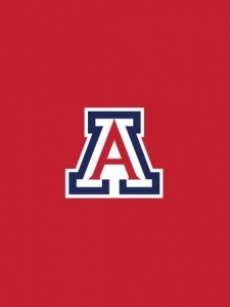CLAS 160B1 - Meet the Ancients: Gateway to Greece and Rome
Journey into the past to discover the worlds of the ancient Greeks and Romans. From democracy and republicanism to literature, philosophy and art, the contributions of these two cultures serve as the foundation for much of what has been described as ""western"" culture. This course explores who these peoples were, how these civilizations developed, what ideas and institutions they created, and why the Greeks and Romans matter today. Through this exploration into the Greco-Roman world, this course builds connections between the multiple types of evidence that scholars draw upon to paint a picture of the ancient past. Close readings of texts provide a humanistic perspective on classical culture; archaeological data inform us about social scientific trends in demography and economics; environmental evidence from ice cores, botanical remains, and soil samples enable a natural science perspective on the past; and some of the world's most famous objects--from the Venus di Milo to Grecian vases--allow for artistic insights. In this course, students will evaluate the strengths and weaknesses of each disciplinary approach to understanding the past, and ultimately weave together multiple strands of evidence to create their signature assignment. Upon completing "Meet the Ancients", students will not only have a better understanding of Greco-Roman history and culture, they will, above all, have a deeper understanding of the different perspectives used to approach ancient history and the skills to evaluate and synthesize diverse types of evidence.




